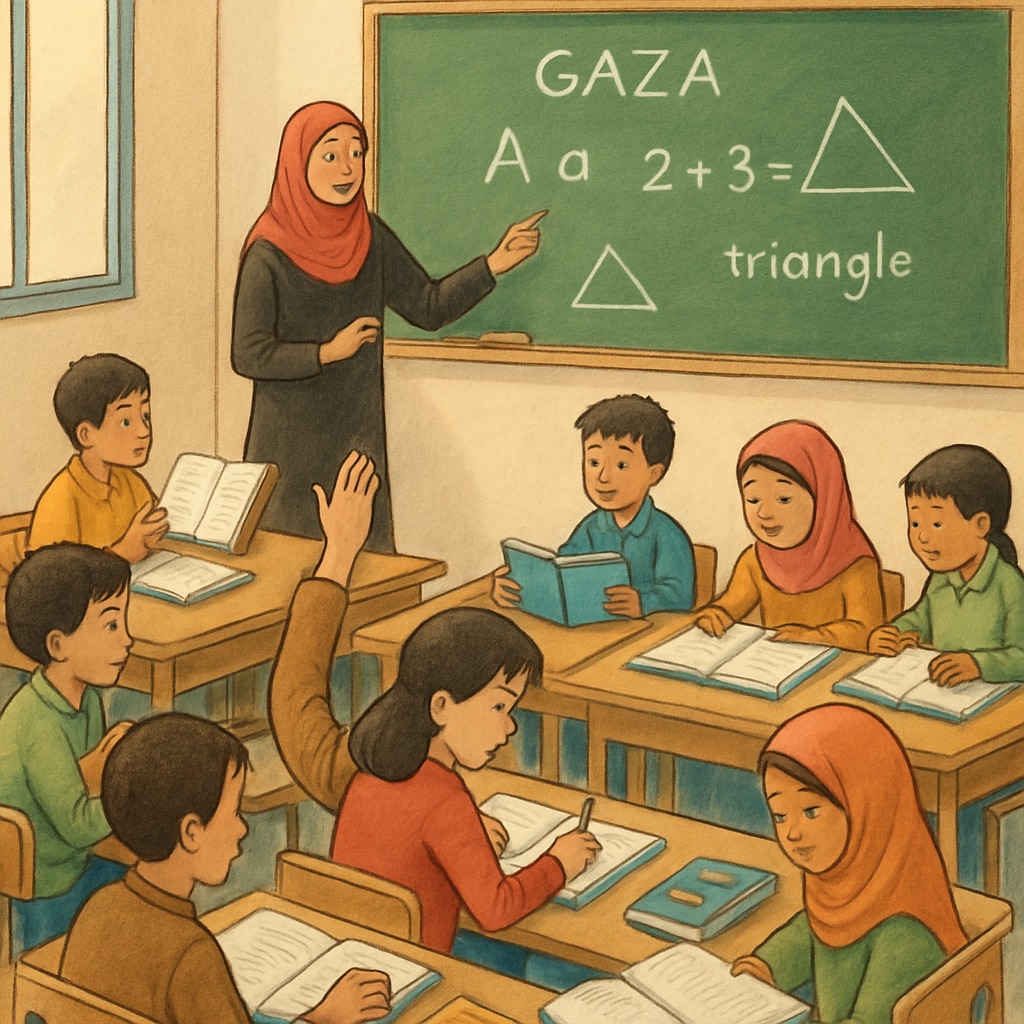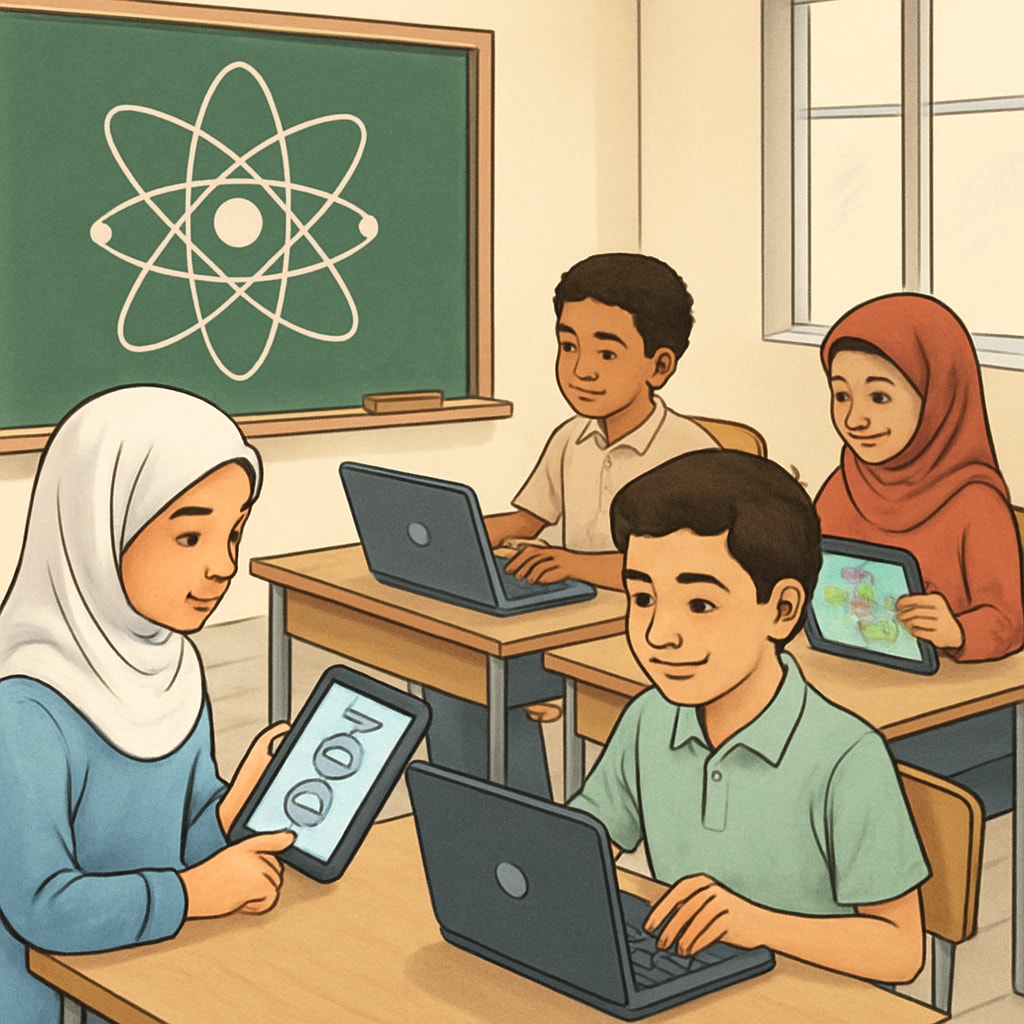The development of comprehensive teaching guidelines for Gaza schools, particularly in science education and social studies, is critical for rebuilding the region’s education system after years of conflict. Education serves as a cornerstone for enabling progress, fostering peace, and empowering youth to navigate complex societal challenges. This article examines the obstacles to curriculum development and provides strategies for creating inclusive and culturally relevant educational materials tailored to the needs of Gaza’s students.

Challenges in Developing Curricula for Gaza Schools
Creating science and social studies curricula for Gaza schools comes with unique challenges. Years of conflict have left schools with limited resources, insufficient infrastructure, and a shortage of qualified educators. Furthermore, designing curricula for a region deeply affected by political and social upheaval requires sensitivity to cultural and historical contexts.
Key challenges include:
- Limited access to reliable scientific resources and materials
- Balancing historical narratives in social studies to promote unity
- Integrating modern pedagogical approaches while considering local traditions
- Addressing the psychological impact of conflict on students
Despite these barriers, focused efforts can help overcome these hurdles and pave the way for a robust educational framework.
Strategies for Building Inclusive Curricula
To ensure that the new curricula meet the needs of Gaza’s students, it is essential to adopt strategies that prioritize inclusivity, objectivity, and regional adaptability. Here are some recommended approaches:
- Collaborative Development: Engage local educators, international experts, and community leaders in the curriculum design process to ensure diverse perspectives.
- Focus on Core Competencies: Prioritize scientific literacy, critical thinking, and problem-solving skills in science education.
- Promote Peace Education: Incorporate lessons in social studies that emphasize conflict resolution, empathy, and cultural understanding.
- Leverage Technology: Use digital tools to provide access to global scientific resources and enable interactive learning.
- Adapt to Local Contexts: Tailor content to reflect Gaza’s unique environment, history, and societal needs.
Implementing these strategies can help create curricula that not only educate but also inspire students to envision a brighter future.

The Role of Education in Promoting Long-Term Peace
Education has the power to shape societies and foster peace. In the context of Gaza, science and social studies curricula can play a transformative role. Science education equips students with the skills to innovate and contribute to technological progress, while social studies encourage critical reflection on history and societal dynamics.
By investing in high-quality education, Gaza can nurture a generation of thinkers and problem-solvers who are equipped to address local and global challenges. Moreover, fostering understanding and unity through education can contribute to long-term stability and reconciliation in the region.
In conclusion, rebuilding the education system in Gaza is not merely a logistical challenge—it is a moral imperative. Science and social studies curricula should serve as tools to empower youth, bridge divides, and build a foundation for sustainable growth. With collective efforts and strategic planning, hope can be rekindled in the classrooms of Gaza.
Readability guidance: Short paragraphs enhance readability, while lists provide clarity. Transition words such as “however,” “therefore,” and “for example” improve flow. Keep passive voice minimal, and ensure an average sentence length of 12–16 words.


